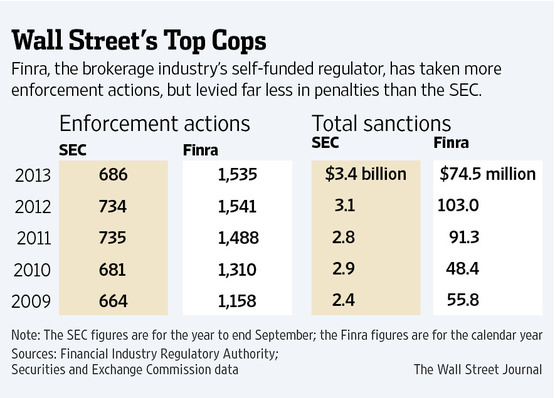BrokerDealer.com/blog update courtesy of extracts from today’s NYT DealBook
LONDON – The AA, the British roadside assistance provider, raised 1.39 billion pounds, or about $2.36 billion, in its initial public offering in London on Monday.
The AA priced its offering of 554 million shares at £2.50 a share, a price it had announced earlier this month, giving it a market capitalization of £1.39 billion.
Shares of the AA declined 4 percent to £2.39 in conditional trading in London on Monday morning. Unrestricted trading of the AA’s shares is expected to begin on Thursday.
The offering represents the final dismantling of Acromas, which was created in 2007 by the merger of the AA and Saga, a seller of travel and insurance packages focusing on people older than 50.
Saga was spun off in an initial public offering in May. Saga’s stock has traded below its offer price in recent weeks.
Acromas, which is owned by the private equity firms CVC Capital Partners, Charterhouse Capital Partners and Permira, had been expected to retain a 31 percent stake in the AA after the spinoff, but agreed to sell its entire stake in the offering, which was oversubscribed.
Separately, River and Mercantile Group, a British investment manager, raised about £41.5 million in its initial public offering on Monday. The company priced its public offering at £1.83 a share, giving it a market capitalization of about £150.2 million.
The company, which did not provide an expected share price range when it announced in May its plans to go public, was formed in February by the merger of River and Mercantile Asset Management and P-Solve, a fellow investment manager.
Through June 16, 55 London I.P.O.s have raised £9.4 billion, compared with £2.5 billion during the same period in 2013, according to Thomson Reuters.
The AA, founded in 1905 as the Automobile Association, is Britain’s largest provider of breakdown assistance, with about a 40 percent share of the roadside help market. About 16 million drivers subscribe to the AA’s products.
Its roadside assistance packages start around £95 a year for the first year of coverage. The company also provides breakdown coverage for businesses, as well as a variety of home, travel and other insurance products.
The full article can be found at NYT DealBook.


